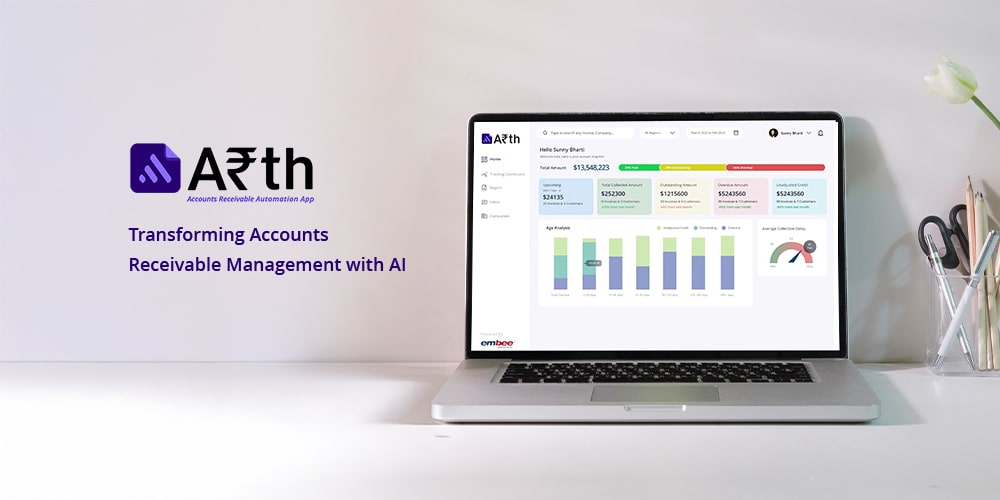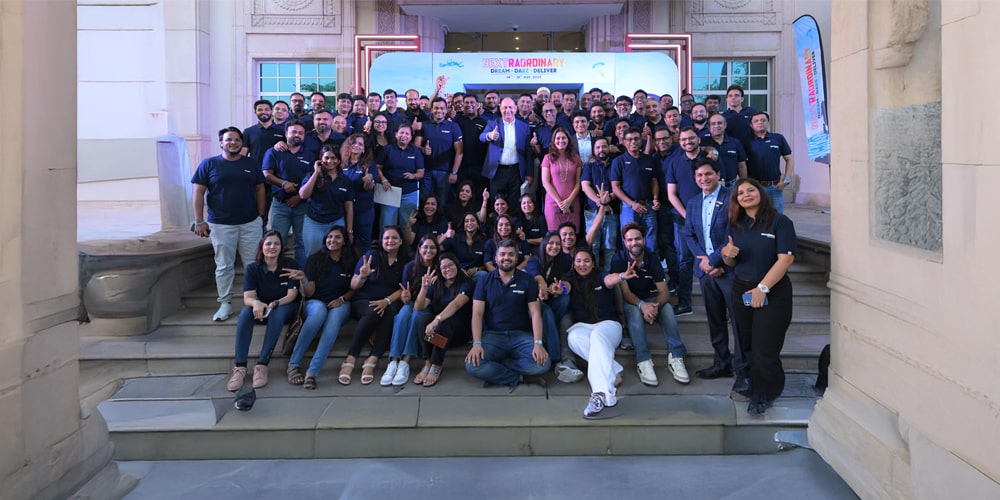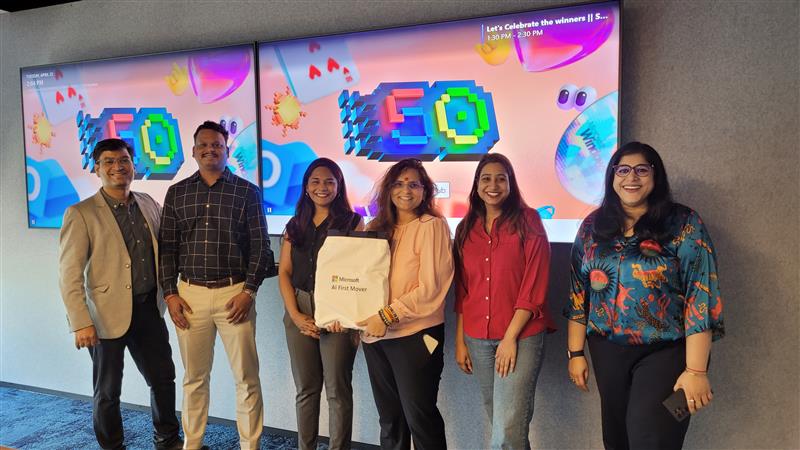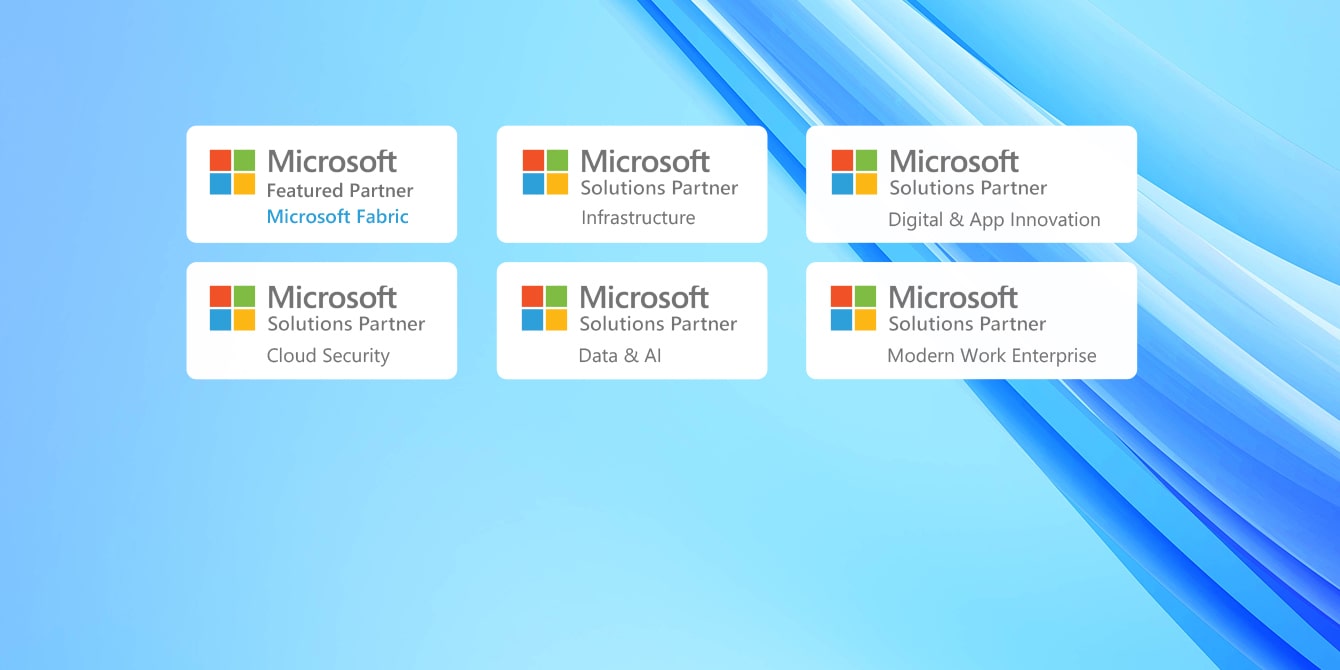Few industries can boast of a future as bright as that of eCommerce. With increasing investments in Artificial Intelligence (AI), Augmented & Virtual realities (AR and VR) and personalization, eCommerce growth is expected to reach $4.48 trillion in 2021. In fact, Walmart has recently wrapped up its Flipkart acquisition deal for $16 billion, a valuation of over $20 billion, making it the world’s biggest ecommerce deal. While 2017 was a tangibly transformative year for eCommerce, thanks to some burgeoning technologies like biometrics and voice assistants, 2024 seems to have even better things in store. At Embee, we’ve taken a look at the eCommerce tech trends that are set to be the most influential this year.
eCommerce tech trends that will be most impactful in 2024 and beyond:
1. Increased adoption of AI will improve search functionalities:
The eCommerce industry in 2024 is going to see a dramatic increase in the number of applications based on artificial intelligence. One of the key uses will be “conversational agents” or chatbots. Gartner predicts, customers will manage 85% of their relationship with the enterprise without interacting with a human and chatbots are the first step to creating an online marketplace dominated by the use of artificial intelligence.
Businesses are also leveraging the Natural Language Processing (NLP) capabilities of AI to narrow down, contextualize and improve search results for online shoppers. AI applications for facial recognition will capture customer dwell-times in the physical stores for retargeting potential buyers in the future; enabling AI-powered CRM systems and virtual assistants for answering customer queries and identifying new opportunities for the sales team, empowering store assistants with instant access to inventory data, delivering integrated and personalized experiences to customers across online and offline platforms and many more.
This video shows how Mintigo’s AI software, enables Getty images to generate significant new leads by capturing the data that shows which businesses have websites featuring images from Getty’s competitors:
2.Augmented Reality (AR) is likely to become main stream:
Augmented Reality is bound to re-shape the future of ecommerce. Brands will use it to enhance the shopping experience and increase its overall sales.
For instance, IKEA’s place app allows buyers to see how various IKEA products would appear in their homes. Similarly, Sephora’s Virtual Artist allows shoppers to virtually try different products before making a final decision!
Augmented Reality also has the capacity to deliver personalized services to the masses. Nordstrom offers a completely personalized shopping experience guided by a virtual stylist who knows every individual shopper’s preferences, styles and sizes.
Additionally, AR will also influence the customers purchasing decisions. If implemented in stores, the customer can view product information including reviews, related products and prices online etc. While we are not witnessing any AR boom just yet, retailers cannot ignore this mammoth change.
3.Voice search will dominate the eCommerce space:
While a wide range of virtual assistants, like Siri, Cortana, Google Voice Search, Viv, Amazon Alexa, and now, Google Home, have been training consumers well to search using their voices, encouraging them to become more “conversational”, Voice will become one of the drivers of innovation of ecommerce in 2024. Google highlighted that more than 20% of mobile queries are voice-based. And over 40% of millennials conduct search queries through a voice assistant.
Source: Capgemini
Voice search technology can be termed as a vital step in ensuring customer loyalty. Advancements in AI is enabling voice search to accurately understand queries and provide consumers with most relevant results, while upgrades to mobile networks are helping with the quick transfers of data to Cloud, thereby improving response times of voice assistants even further. This will inspire quick decision making, both for shoppers and for businesses, and eventually help eCommerce businesses to provide enhanced customer experiences and thereby, improve RoI.
4.Big Data and Analytics adoption will increase:
While major brands across the globe have adopted Big Data analytics to gain critical insights for better decision-making, Indian brands, big and small, are just starting. Embee tech trackers predict, in 2024, more online retailers will turn to Data Analytics for assessing customers’ preferences; predicting customer behavior and market trends, improving inventory management, enabling highly personalized customer experiences and optimizing pricing structures.
In India, eCommerce users generate over 30 – 40 TB (yes,Terabytes!) of data daily, which is equivalent to 50 lakh Yellow Pages books. To make the best use of this voluminous data, Indian eCommerce giant Flipkart has signed a deal to adopt Microsoft Azure to add a layer of advanced analytics to its existing data centers. Azure has long been the preferred platform for businesses and now, Flipkart will leverage its analytics capabilities to pave a definitive path towards implementing varied digital marketing cultures and improve its merchandising, marketing and customer services.
5.The ROBO trend will continue to rise:
Research Online, Buy Offline (ROBO) or Research Online, Purchase Offline (ROPO) has been a popular consumer trend for a few years now. However, it cannot be written off as the evolution of thrifty shopping in today’s digital world. Rather, it should be viewed as the culmination of the last decade’s online shopping technologies. What drives this practice is consumers’ preference to research products online before making offline purchases because it helps them to find the products at the best possible prices. For eCommerce businesses, on the other hand, ROPO is one of the most effective ways to track offline conversions.
Source: Internetretailing
Since most consumers use their mobile devices to research products and a significant portion of those searches results in purchases within the next two days, businesses must strengthen their digital strategies around the ROBO trend. Leveraging multiple techniques and metrics, like mobile payment data, CRM and point-of-sale systems, geolocation tracking, consumer shopping history, social integration, and personalized experiences, they can specifically cater to ROBO shoppers over the course of entire customer journeys.
2024 promises to be an exciting year for e-commerce. With technological innovations disrupting shopping experiences at a greater pace than ever before, businesses need to be aware of and open to the latest trends than can prepare them for what’s to come. Those that are ignorant or are low to adapt, inevitably risk extinction, as seen in all major e-commerce markets.





















































